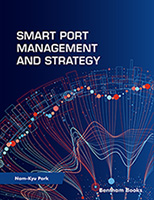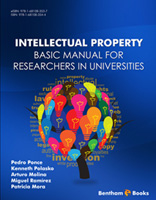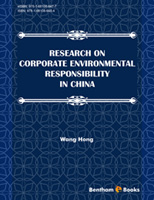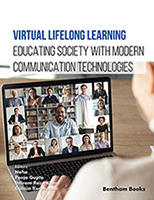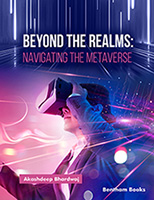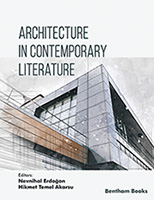Every university wants to be world-class. In this knowledge-driven global economy, every nation wants to have the top-ranked universities in the world. Every parent wants to send their child to a top university. And most people want to have a good university degree. Why do universities have such an impact on our lives – and can they continue to exert such influence? What is the role of universities in the 21st century?
Universities are facing unprecedented challenges in the 21st century. The international landscape of higher education is undergoing profound changes. These ancient institutions which represent the ultimate manifestation of human civilization are now confronted with dramatic changes as a result of globalisation, the knowledge economy and rapid technological advances. The traditional role of the university is forced to transform to meet these new expectations and challenges.
In 1997, one of the pioneers of modern management predicted that "thirty years from now, the big university campuses will be relics. Universities won't survive.” As we head into 2017, that threat has not receded. In 2012, an Ernst & Young report repeated the warning that the current university model was not viable.
Once revered as ivory towers which reigned supreme over their students, today’s universities are forced to regard their students as consumers and customers. While the traditional university could pursue knowledge for its own sake, nowadays it must answer to the demands of its funding masters. Universities are now expected to be responsive and innovative, rather than rocks of stability and esteem. Governments expect universities to generate not only intellectual capital, but economic and social capital as well. Universities are regarded as engines of innovation and required to contribute to the national economy and international standing of their countries.
Within the cloisters of universities, the current climate is tumultuous. Mass redundancies and department closures have become routine. Mistrust is rampant, and there is widespread interference from governments and funding bodies. Such unrests are occurring in many countries - from Australia (Evans 2014), Finland (Sulkunen 2010), France (Lichfield 2015), Japan (ICEF Monitor 2015), Germany (Keim & Keim 2010), United Kingdom (Boffey 2013; Morgan 2015; Murray 2014), to United States (Economist 2012; Hutner & Mohamed 2013; Kingkade 2012; Kuttner 2013; Sager 2014; Selingo 2013). Universities are buffeted by uncertainty and the rapidity of change: they are torn between market forces and increasing public expectations and accountability. They struggle with declining funding and increased cost scrutiny. Quality assurance and auditing exercises are relentless. Challenged on multiple fronts, universities are faced with conflicting agendas. They are expected to develop world-class reputations in research while teaching increasing numbers of students. They are required to serve as engines of economic development while maintaining comprehensive scholarly profiles.
This book examines the three overriding trends which impose far-reaching effects on universities in the 21st century. They are: the knowledge economy (an innovation-driven economy based on knowledge as a commodity); the globalisation of financial and labour markets; and the digital revolution. These converging trends pose critical challenges for universities, who must meet the demands of new research and learning imperatives, respond to new forms of competition, and explore new modes of operation.
The rise of the knowledge economy erodes the supremacy previously enjoyed by universities and necessitates new methods of knowledge transfer and engagement. Universities are driven by globalisation: they are in competition and collaboration with other institutions and nations. Technological advances oblige universities to employ new ways of interacting and serving their students and community.
Tracing the roots of university missions from the Middle Ages to the present day, this book looks at how the dominance of marketisation, competition, and neoliberalism collide with the traditional idea of universities. It analyses the impact of global trends on universities in the 21st century. Global competition between universities has become unrelenting, with contests such as university rankings, competition for funding, and the threat of new entrants into the market. The international expansion of the knowledge industry has eroded the monopolistic position previously enjoyed by universities. The liberalisation of higher education services under the World Trade Organization has radically changed the relation between the state and its public universities. Universities are increasingly regarded as service providers, and they face competition from new types of suppliers.
Rapid advances in information and communication technologies transform teaching and learning, fundamentally altering the way that universities offer and deliver programs. Universities are faced with growing expectations to deliver services, content and media to mobile and personal devices in order to meet students’ expectations of ‘anytime, anywhere’ access.
In addition, the trend of corporatisation has resulted in university management imposing greater controls over academic work and behaviour, to the extent that academic freedom is threatened. The age-old principle of institutional autonomy has become tenuous, since governments closely steer universities through performance funding, research priorities and funding criteria, all in the name of accountability.
This book provides an impartial insight into the challenges faced by higher education in the 21st century. It also suggests possible paths which universities might take to survive.
Christine Chow
RMIT University
Melbourne
Australia


